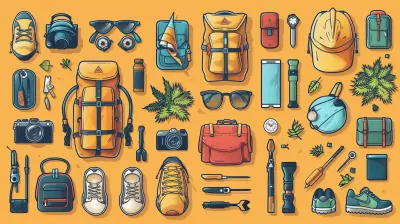Packing Smart: What You Can and Can’t Bring on a Plane
4 September 2025
Packing for a trip can be both exciting and stressful. You want to make sure you have everything you need, but the last thing you want is to get held up at airport security because you packed something you shouldn’t have.
Airlines have strict rules about what can and can't go in your carry-on and checked luggage. So, before you zip up your suitcase, let’s break down exactly what you’re allowed to bring and what needs to stay behind.
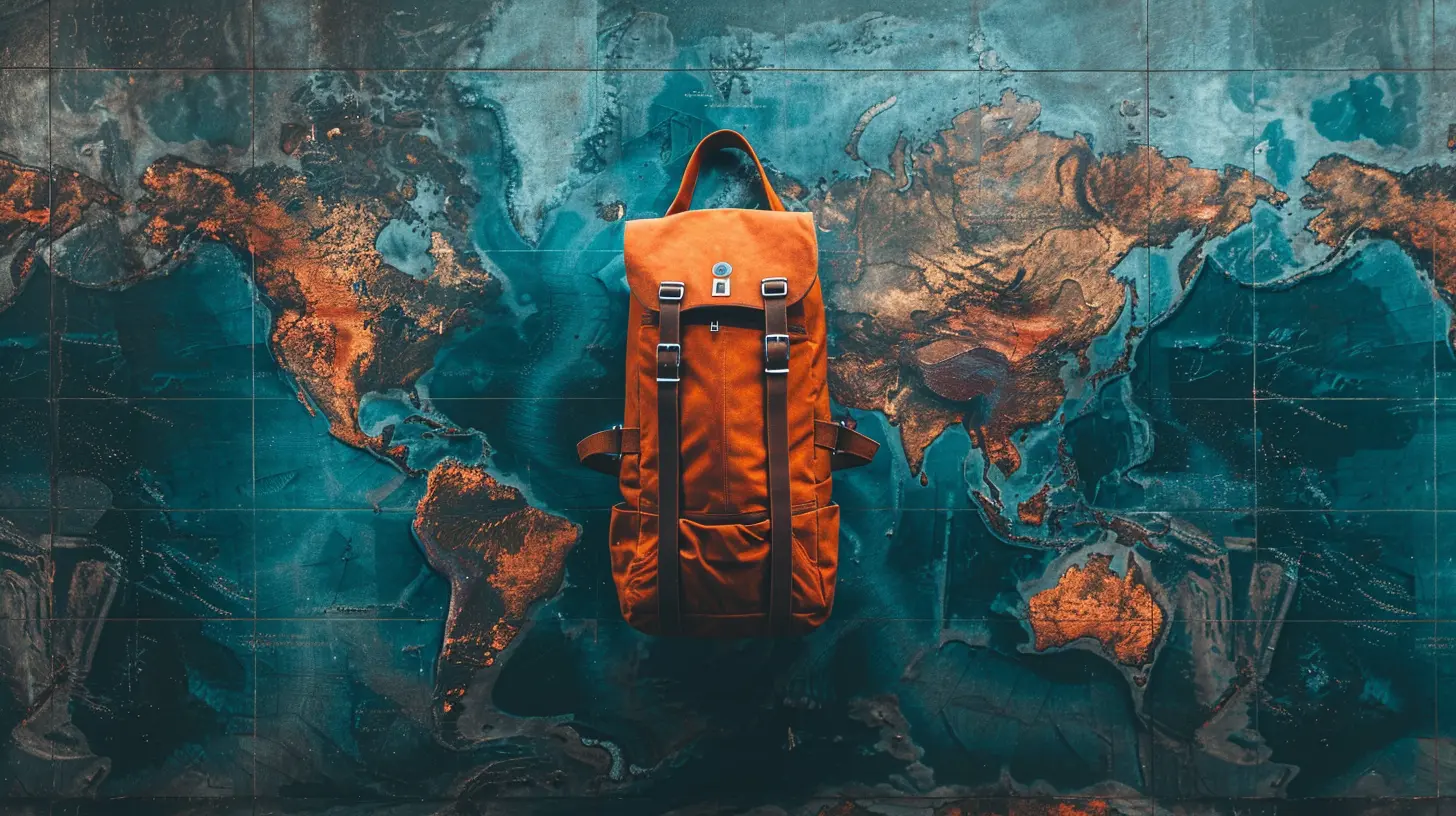
General Packing Rules
Before diving into specifics, here are some general guidelines to keep in mind when packing for a flight:- Liquids, gels, and aerosols in carry-ons must follow the 3-1-1 rule (each container must be 3.4 ounces or less, all items must fit in one quart-sized bag, and each passenger gets only one bag).
- Sharp objects, weapons, and explosives are banned in cabin baggage.
- Certain electronics and batteries have restrictions depending on their size and type.
- Medications, baby essentials, and special needs items are usually exempt from strict liquid rules, but they should be declared at security.
Now, let’s get into the details.
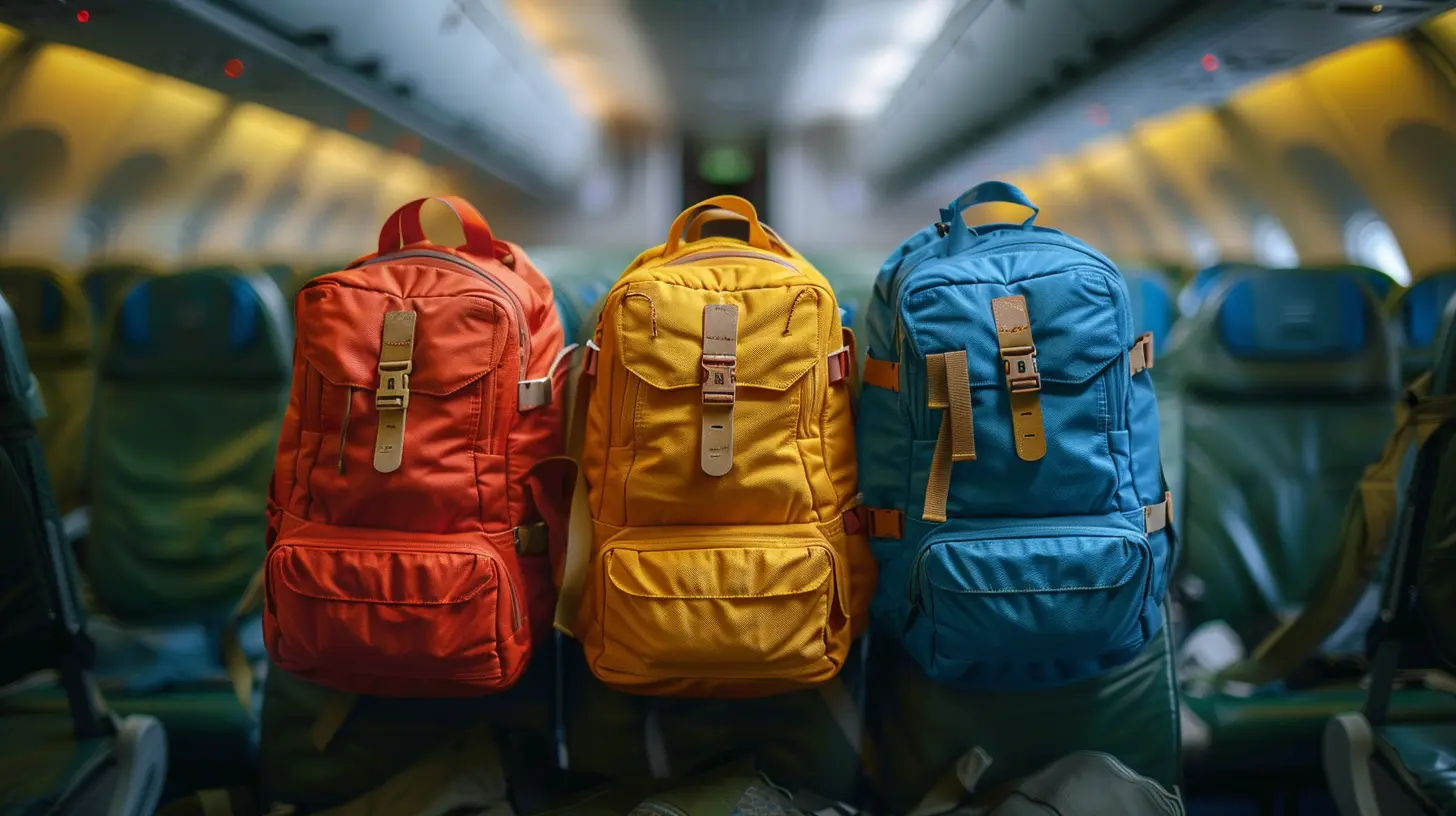
What You Can Bring in Your Carry-On
Your carry-on bag is what you bring into the airplane cabin with you. Because it's within reach during your flight, there are stricter rules about what can go inside.✅ Liquids (But Follow the 3-1-1 Rule)
You can bring liquids in your carry-on, but they must be:- In containers that hold 3.4 ounces (100ml) or less each.
- Placed inside a clear, resealable quart-sized bag.
- Limited to one quart-sized bag per passenger.
Items that fall under this category include:
- Shampoo and conditioner
- Lotions and creams
- Toothpaste
- Perfume
- Hand sanitizer
✅ Medications and Baby Essentials
Some liquid restrictions don’t apply when it comes to medicine or baby-related needs:- Prescription and over-the-counter medications (including liquid medications) are allowed in “reasonable quantities” and can exceed the 3.4-ounce rule.
- Baby formula, breast milk, and juice for infants are also allowed, but you might need to declare them at security.
✅ Electronics
You can bring most electronics in your carry-on, but be prepared to take larger devices out during security screening. Allowed items include:- Laptops
- Tablets
- Smartphones
- Headphones and chargers
- Power banks (but with restrictions – see below)
Power Bank Rule:
- Must be under 100Wh (watt-hours) to be freely carried.
- 100-160Wh batteries may be allowed but often require airline approval.
- No loose lithium batteries in checked luggage.
✅ Snacks
Good news! You can bring food through security, as long as it’s not a liquid or gel exceeding 3.4 ounces. Solid snacks like chips, sandwiches, and protein bars are perfectly fine.✅ Small Tools and Personal Items
- Nail clippers ✅- Tweezers ✅
- Disposable razors ✅
- Small scissors (under 4 inches) ✅
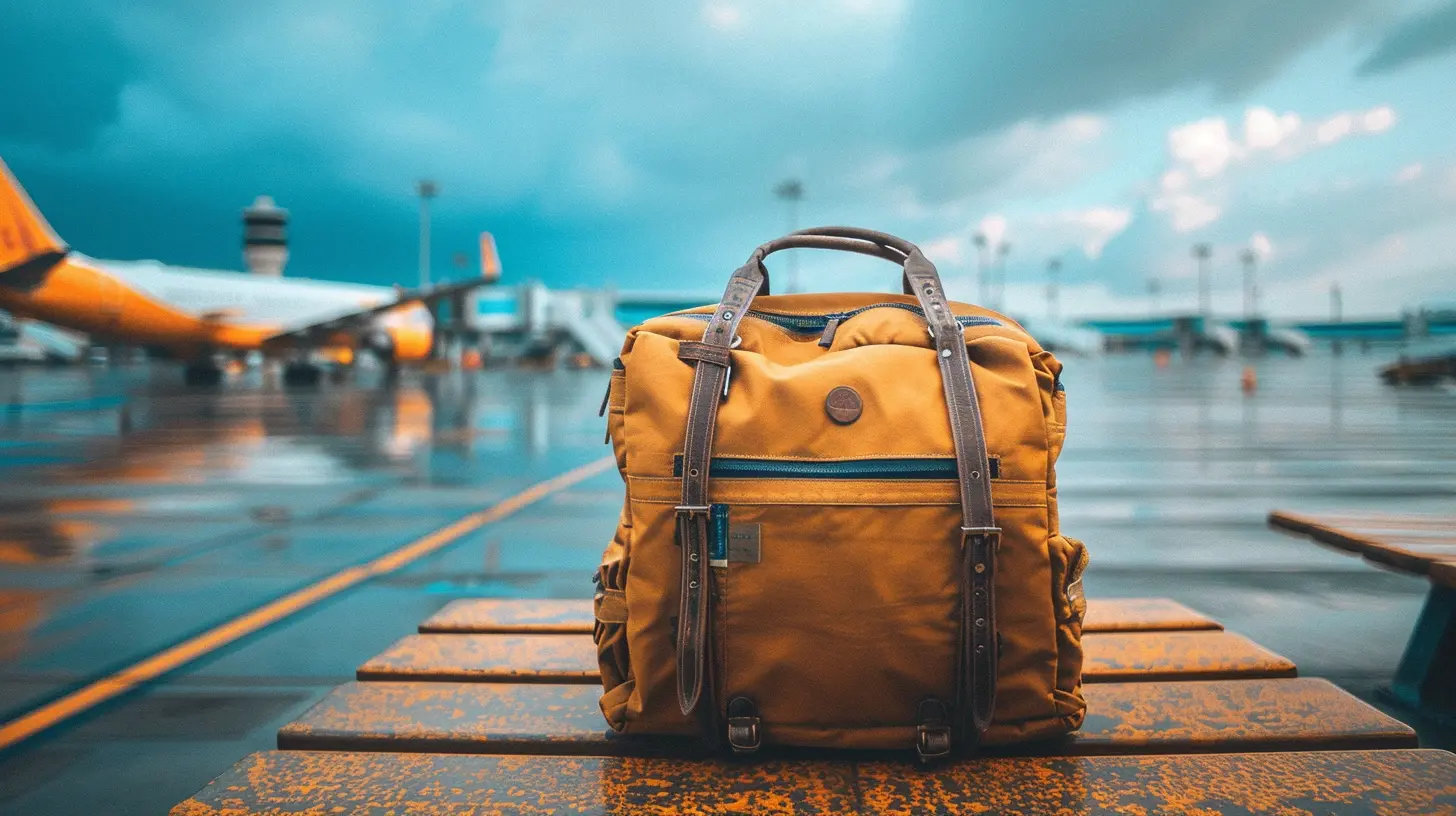
What You Can’t Bring in Your Carry-On
Certain items are restricted from your carry-on for safety reasons.❌ Large Liquids
Any liquid over 3.4 ounces (unless it falls under the exemptions like medication or baby formula) will be confiscated.❌ Sharp and Dangerous Objects
- Knives (including pocket knives)- Box cutters
- Scissors longer than 4 inches
- Razor blades (unless in cartridge razors)
❌ Sporting Equipment
Most large or blunt sporting goods are not allowed in carry-ons, including:- Baseball bats
- Golf clubs
- Hockey sticks
- Ski poles
❌ Weapons or Anything That Resembles One
- Guns and firearms (including toy guns)- Self-defense items like pepper spray
- Explosives and fireworks
❌ Flammable or Hazardous Items
- Lighters with fuel (disposable lighters are okay)- Fuel or gasoline
- Fireworks or explosives
- Compressed gases
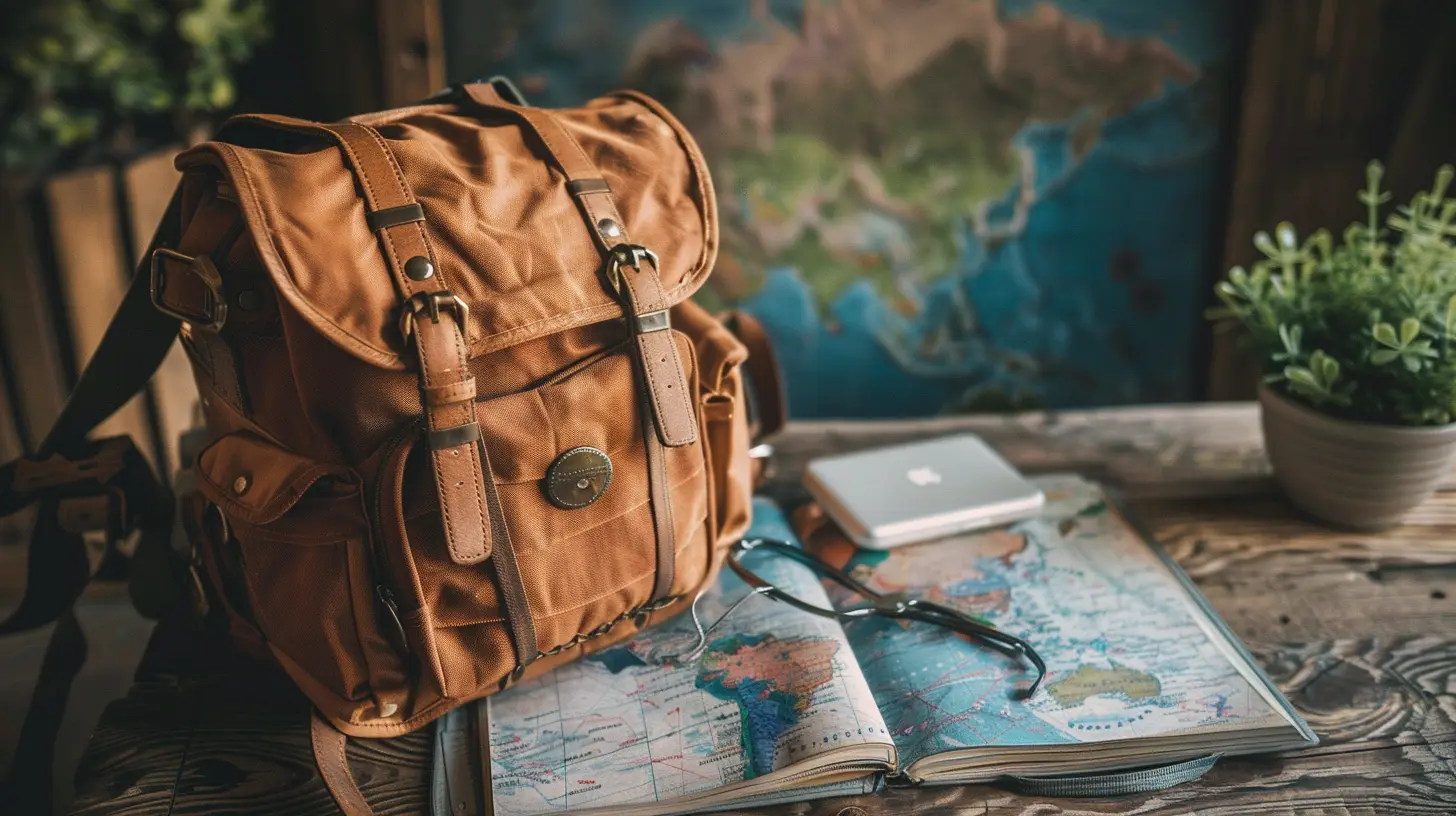
What You Can Pack in Checked Luggage
Checked luggage has fewer restrictions since it’s stored under the plane. However, there are still some no-nos.✅ What You Can Pack
- Full-size liquids (shampoo, conditioner, lotion, etc.)- Knives and sharp objects (must be properly wrapped)
- Sporting equipment
- Large tools (wrenches, pliers, hammers, etc.)
- Guns and ammunition (But with strict airline regulations and declarations)
❌ What You Can’t Pack in Checked Luggage
Some things are outright prohibited in checked baggage.❌ Lithium Batteries or Power Banks
Lithium-ion batteries and power banks must always go in carry-on bags. This includes:- Loose rechargeable laptop batteries
- External power banks
- Spare drone batteries
❌ Explosives or Flammable Items
- Fireworks- Gasoline or fuel
- Strike-anywhere matches
❌ Perishable or Extremely Valuable Items
- Cash or important documents (always carry these with you)- Jewelry or expensive electronics (risk of loss or theft)
- Fresh food like meat or seafood without proper packaging
TSA PreCheck and Global Entry: Do They Affect Packing?
If you’re a frequent traveler, TSA PreCheck and Global Entry can make security screenings faster. However, the packing rules remain the same—you just don’t have to remove your laptop or liquids from your carry-on when going through security.
Tips for Smart Packing
Here are some golden tips to make sure you don’t run into any trouble:✅ Check restrictions for your destination. Some countries have different rules on what can be brought in.
✅ Pack liquids in a clear bag. TSA will ask you to take it out at security.
✅ Use travel-sized containers. If you need more, buy full-sized versions at your destination.
✅ Label essential medications. It helps avoid confusion at security.
✅ Keep valuables in your carry-on. Lost luggage is rare, but it happens.
✅ Use packing cubes. They keep everything neat and easy to find.
Final Thoughts
Packing smart is more than just fitting everything into your suitcase—it’s about knowing what you can and can’t bring to avoid unnecessary stress. Follow these guidelines, and you’ll breeze through security like a pro.Ready for stress-free travel? Double-check your packing list, and you're good to go!
all images in this post were generated using AI tools
Category:
Flights And AirlinesAuthor:

Pierre McKinney
Discussion
rate this article
1 comments
Dean Potter
Stay informed on airline regulations to ensure hassle-free packing!
September 6, 2025 at 5:02 PM

Pierre McKinney
Absolutely! Staying informed can make your packing experience much smoother. Thanks for the reminder!
